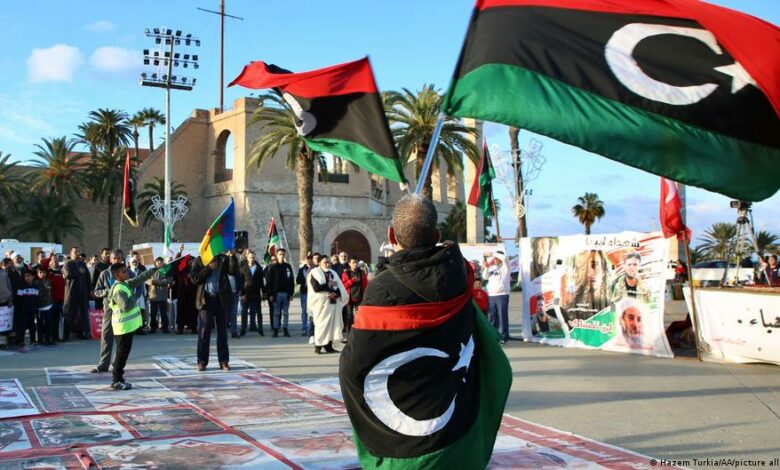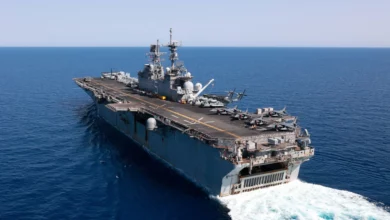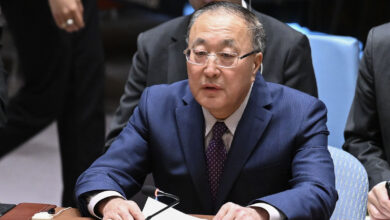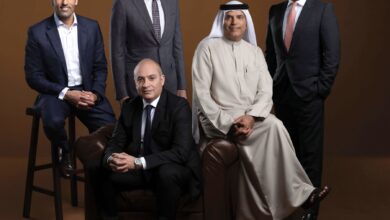
Throughout the year, national and international hopes have been pinned to the date of the Libyan national elections on December 24. However, exactly three months prior to this election date, the situation on the ground is becoming increasingly fractured.
This week, the Tobruk-based lower chamber of the Libyan parliament, also called the House of Representatives, withdrew its support for the Tripoli-based unity government. Since then, Prime Minister Abdul Hamid Mohammed Dbeibah has been left with a caretaker role.
However, this new role should not have any tangible impact on his duties, as his main task was to prepare the presidential and parliamentary elections according to the UN-backed framework.
So far, the parliament has passed a law only for the presidential election but not yet for the parliamentary election, which is scheduled for the same day. And, quite recently, Dbeibah even voiced concerns that the country might not yet be ready for elections.
It is worth noting that the UN plan technically excludes Dbeibah from running for the presidency. However, more than a few Libyans in the west wouldn’t oppose his candidacy. Since the presidential election law stipulates that state employees have to suspend their posts three months before the election date, he would have to step down now to join the race.
The run for the presidency
This is most probably the reason why Parliament Speaker Aguila Saleh withdrew from his position after he had ratified the presidential election law earlier this week.
“Aguila Saleh was initially on the sanction list, but he was taken off by the EU and the UN to allow the transition process to continue,” Virginie Collombier, researcher of political dynamics in Libya and part-time professor at the European University Institute of Florence, told DW in a video call.
Collombier is convinced that another name should have been on the sanction list: General Khalifa Haftar. The strongman of the east, who is not known for peaceful communication and who was responsible for the latest episode of war in 2019, also stepped down from his position as head of the Libyan Arab Armed Forces this week. This can be seen as signaling his intention to run for president.
“The two main potential candidates so far are both very contested figures; this doesn’t bode well for the future of the political transition,” Collombier told DW.
Sami Hamdi, managing director of International Interest, a global risk and intelligence company in London, also sees these two candidates from the east with skepticism. “The fact that Haftar and Saleh intend to run suggests that they are not entirely singing from the same hymn sheet,” he told DW.
In Hamdi’s opinion, however, Haftar is definitely in a win-win situation: “If he wins, he’s the president. If he loses, he will go back and take over the military force and essentially continue to be relevant in being this major military power in the east.”
Name that rings a bell
Other potential candidates are likely to announce their candidacies shortly. So far, Saif al-Islam Gadhafi, one of the sons of long-time ruler Moammar Gadhafi, who was toppled in 2011, has already voiced interest in running for the presidency.
“It appears that a number of international actors are willing to employ him as a potential card,” Hamdi told DW, and added: “If Saif al-Islam has traction on the ground, he may well be the candidate that both Turkey and Russia decide to try to elevate in Libya.”
The mission of the mercenaries
The influence of Turkey and Russia in Libya is immense. According to the UN, more than 20,000 foreign mercenaries and military personnel from Turkey, Russia, Sudan and Chad are still in the country. For the UN, their removal is one of the key points of the cease-fire agreement signed last October, which paved the way for the national elections. But so far, nothing has changed on the ground.
“They are all there,” confirms Collombier. However, their presence also has one positive aspect: “There have been no major clashes in the region of Tripoli or around Sirte in the northern coastal region. At least the cease-fire has held, even if the situation in the south is more unstable,” Collombier said.
She doesn’t believe that there will be a removal of the mercenaries in the short run. “Basically, there is nobody to ensure the implementation of the agreements on the ground. The UN mission has become very weak. They are not putting pressure on external or domestic actors, and they can’t play the role of the guarantor of the agreements,” Collombier said.
No best case in sight
Hamdi is convinced that the elections really have little to do with the Libyans or the Libyans choosing their leaders. “It’s about getting the Libyan parties and the Libyan warlords to come to a framework of ruling or cooperating together.”
In his view, the best-case scenario for the elections is unrealistic. “This would be that the national elections take place, Libyans go to the polls to vote for the members of the parliament and the president, and the results are accepted by the opposing parties,” he says.
However, he feels that a more likely outcome is that there won’t be a clear majority and that the political rivals won’t accept the results of the elections, either. This implies a return to the status quo, including a weak government, the division between the east and the west and their divided security issues.
“But if the worst-case scenario is another war, then it’s better that we continue with these elections,” Hamdi said. His only hope is that the process might establish some sort of new situation that will eventually allow disputes to be solved by the next generation of Libyans.




